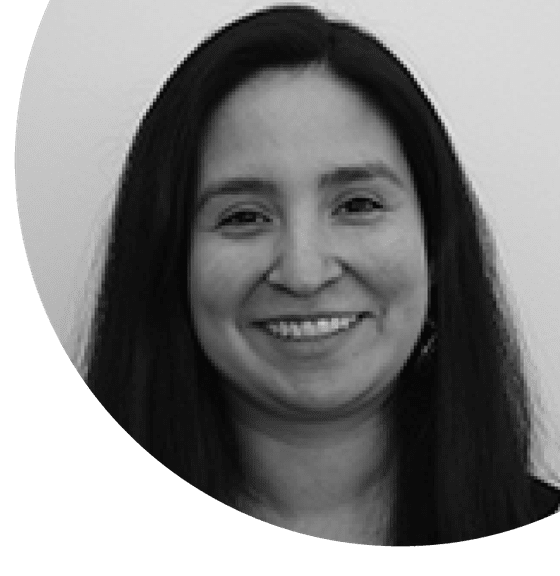DEPARTMENTS

LEADERSHIP PERSPECTIVE
GENEVA BOWMAN
is manager, quality systems for AIHA-LAP. She can be reached at (703) 846-0791 or via email
.The Growth of Unique Scopes
BY GENEVA BOWMAN
Most field practitioners are aware of the advantages of using accredited laboratories to analyze their samples. As an independent, third-party validation of a lab’s technical expertise and quality system, accreditation helps provide peace of mind to practitioners that the data on which they base their exposure judgments is accurate and reliable. Most practitioners also likely know that accreditation includes specific scopes and fields of testing, or FOTs. For example, a lab that is accredited for gas chromatography is not necessarily accredited for liquid chromatography.
But many practitioners might not realize that the accreditations offered by AIHA’s Laboratory Accreditation Programs, LLC extend beyond AIHA-LAP’s legacy programs in industrial hygiene, environmental lead, and environmental microbiology. Introduced in 2011, the Unique Scopes program allows laboratories to seek accreditation in specific areas of testing not covered under AIHA-LAP’s existing accreditation programs.
The Unique Scopes program allows laboratories to seek accreditation in specific areas of testing not covered under AIHA-LAP's existing accreditation programs.
FOUNDING AND GROWTH
AIHA-LAP Policy Module 2E, which was added in July 2011, describes the Unique Scopes program. The program offers accreditation specific to ISO/IEC 17025:2005, General Requirements for the competence of testing and calibration laboratories.
Why was this category of testing established? In 2008, the Consumer Product Safety Commission published requirements for third-party testing laboratories conducting lead testing of painted children’s products. Labs interested in testing these products were required to be accredited by organizations that are part of an ILAC Mutual Recognition Arrangement.
ILAC, the International Laboratory Accreditation Cooperation, is an organization of global laboratory accreditation schemes. In 2010, AIHA LAP became an ILAC MRA signatory eligible to accredit CPSC laboratories. For its first year as an ILAC signatory, AIHA-LAP accredited labs involved in CPSC testing under its Environmental Lead Laboratory Accreditation Program (ELLAP). But AIHA-LAP decided to re-establish Unique Scopes accreditation to accommodate the accreditation of testing laboratories involved in testing lead in metal and non-metal children’s products, lead in paint, and other similar surface coatings and additional test methods that evaluate for lead and phthalates in consumer products.
Since then, the Unique Scopes Program has grown to cover other areas of testing, such as testing for laboratory-developed methods that don’t fall under the traditional category of IH or any of our other legacy accreditation programs. For example, Unique Scopes accreditation would allow a laboratory that performs diagnostic testing such as serological or molecular testing on biological samples to apply for accreditation. (For more information about molecular testing, see
one of the feature articles
in this issue.)
NEXT STEPS
This flexibility in our accreditation services allows for further growth in AIHA-LAP’s offerings. We foresee offering accreditation for cannabis testing laboratories. Many states have now legalized medical marijuana, and the market demand for testing laboratories is proving to be crucial to the industry. Laboratories will need to be prepared to accommodate specific state mandates for testing protocols. Accreditation in this area may include physical, chemical, or microbial testing on any cannabis or cannabis-derived product.
Laboratories seeking this or any other Unique Scopes accreditation must be in compliance with the requirements found in the appropriate AIHA-LAP policy modules, including General Management System Requirements as outlined in Module 2A and the Proficiency Testing Requirements outlined in Module 6. AIHA-LAP policy documents are available
online
.
Like other AIHA-LAP accreditation programs, Unique Scope testing procedures must also produce data that is used to evaluate exposures that impact health or natural resources. For more information on Unique Scopes accreditation, email our Accreditation Manager,
Olena Bulgakova
.

